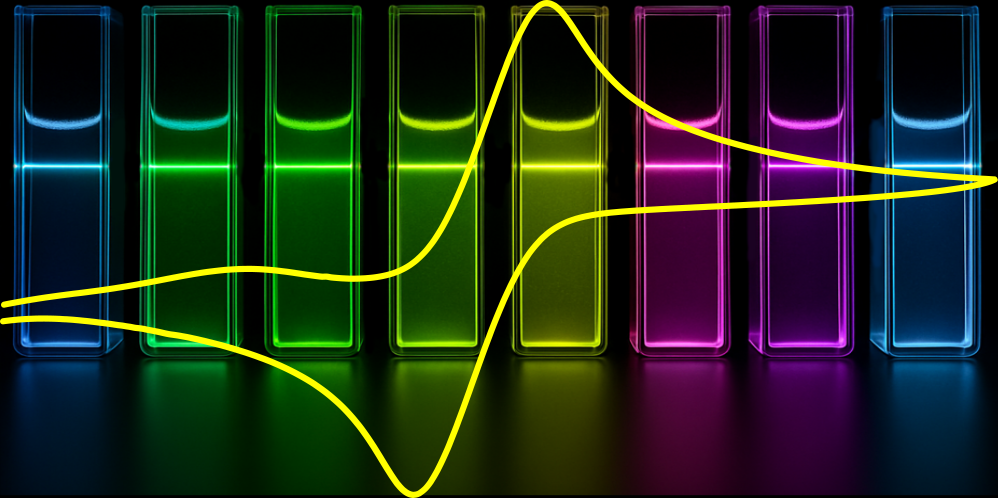The PhD candidate will develop bacterial biofilm models with single or multiple bacterial species under aerobic and anaerobic conditions. You will use these model biofilms to test medical implants and other medically relevant surfaces. They will also be used to test the effect of mutations in surface attachment genes of individual, implant-related ESKAPE pathogens.
The work is a close collaboration with an Oslo-based company interested in medical implants, Corticalis AS. The position thus offers the opportunity to work in an academic setting but in close collaboration with a commercial partner.
Methods will include microbial growth of pathogenic bacteria on surfaces under different growth conditions, including the use of fermentation equipment and anaerobic chambers. Analytical methods will include (but are not restricted to) light microscopy/FISH, molecular biology (qPCR), and possibly next-generation sequencing techniques.


We are recruiting 15 fully-funded doctoral candidates for 36-month positions across our European network, with guaranteed secondments in both academic and industrial partner institutions.
We are recruiting 15 fully-funded doctoral candidates for 36-month positions across our European network, with guaranteed secondments in both academic and industrial partner institutions.